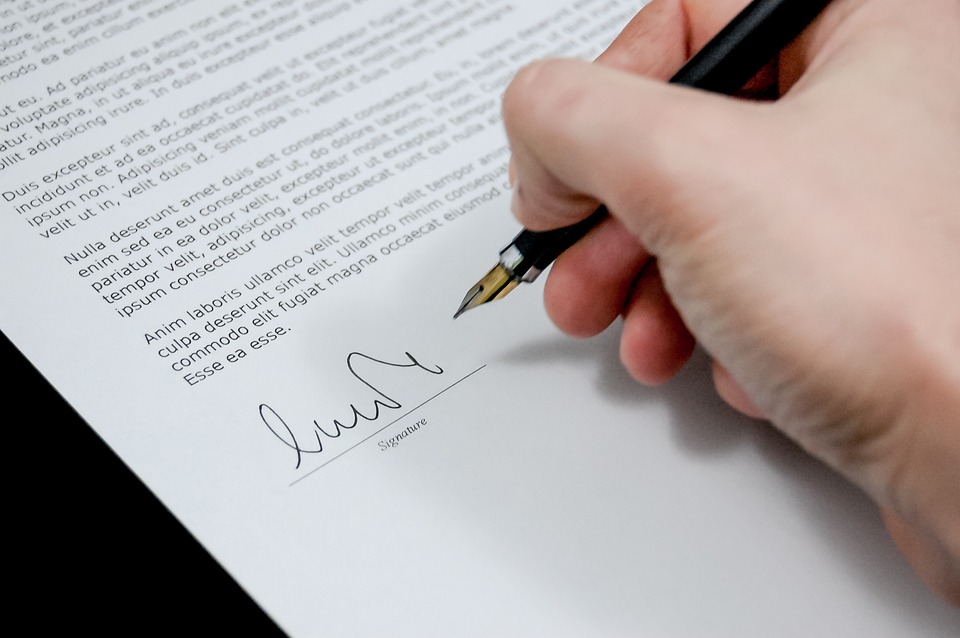-
Lot Size
-
Home Size1,550 sqft
-
Beds4 Beds
-
Baths2 Baths
-
Year Built1978
-
Days on Market7
Preparing Yourself for Closing Day
- Real Estate Tips
- Encinitas Home, Encinitas real estate agent, encinitas realtor, home buying advice, home buying tips, home for sale in encinitas, real estate agent in encinitas
- March 2, 2016

The process of buying a house can often take longer than expected. If you’ve agreed on a closing date, then congrats—you’re in the home stretch! Before heading to the closing table, read up on the documents that you’ll likely need to sign that are related to closing both your house and mortgage. Make sure to allow plenty of time to read the fine print—and always bring your real estate agent with!
Home Loan Closing
- Promissory note: This is a promise that you will pay back your debt to the lender, and includes a description of loan terms as well as interest rates.
- Loan application: The lender will provide you with a copy of your original application form for you to review for accuracy and sign.
- Mortgage agreement: This is your agreement to put up your new home as security for the amount of money you now owe, and is also called a deed of trust.
- Loan Estimate + Closing Disclosure: Late last year, these two documents replaced the Good Faith Estimate, Truth in Lending Disclosure, and HUD-1 that were required in home loan closings.
Real Estate Closing
- Proration papers: Agreements that determine how much of the property taxes, HOA fees, and interest will be paid by the buyer and seller during the month of the transaction.
- Statement of information: This confirms your personal identity in order to eliminate confusion over anyone with the same or similar legal name.
- Title: This document contains a description of the property and transfers the property from the seller to you.
- Affidavit of title: This is a statement in which the seller confirms ownership of the property and discloses any known defects that could pose an issue for the buyer, such as liens or leases.
- Bill of sale: Lists all property that is being sold to you along with the house, such as kitchen appliances, light fixtures, and security systems.







